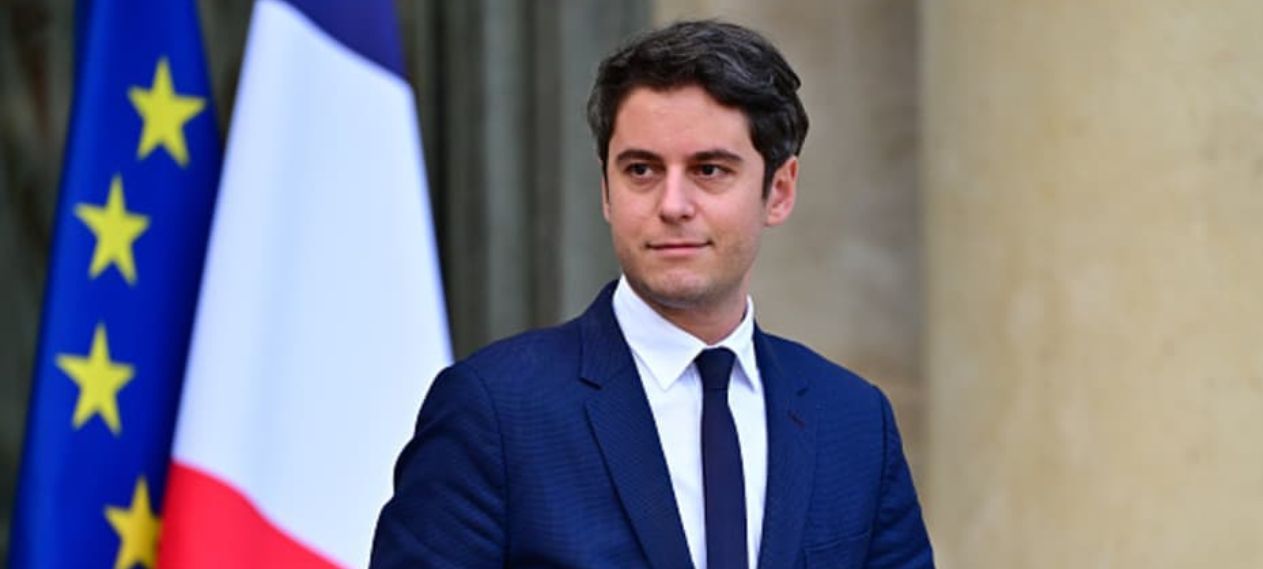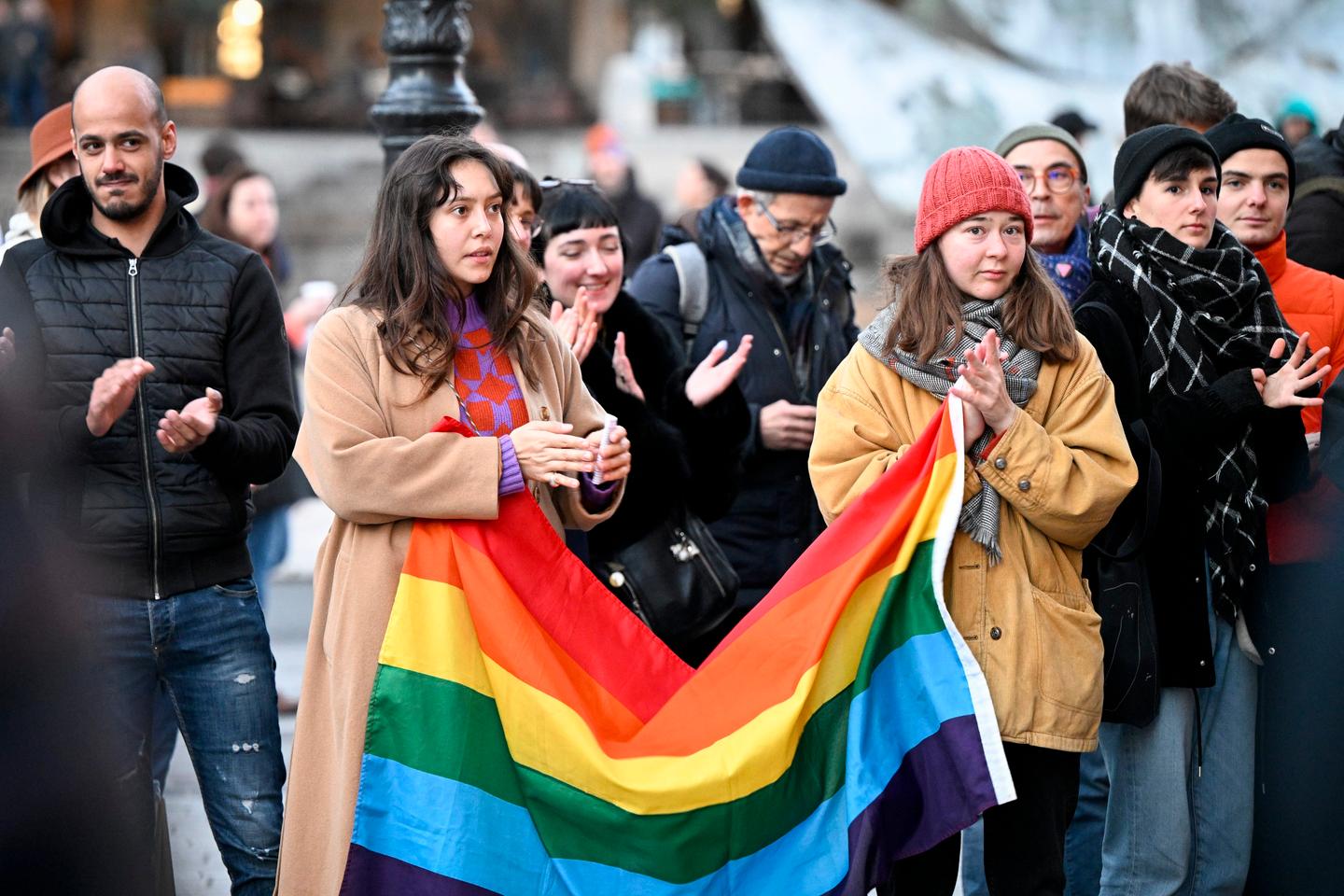France stands out as one of the globe’s most LGBTQ+ inclusive nations, consistently earning top rankings in LGBTQ+ indices like the Spartacus gay travel index and the ILGA Rainbow Europe study. The legalization of same-sex marriage dates back to 2013, positioning France as an early advocate, having also decriminalized homosexuality as far back as 1791.
The French exhibit a laissez-faire approach to sexuality, refraining from meddling in personal matters and respecting the privacy of individuals. LGBTQ+ travelers in France can generally expect a welcoming and trouble-free experience.
Here are the significant moments and challenges that have shaped the landscape of equality in France:
Revolutionary Step:
The seeds of LGBTQ+ rights were sown during the French Revolution in 1791 when homosexuality was decriminalized. This early acknowledgment of personal freedom set the stage for a more inclusive and tolerant society.
Same-Sex Marriage Legalization in 2013:
Fast forward to 2013, a landmark year for LGBTQ+ rights in France. It witnessed the legalization of same-sex marriage, a monumental shift that not only acknowledged love in all its forms but also granted equal legal rights to same-sex couples.
Adoption Rights for All:
Building on the momentum of same-sex marriage legalization, France extended adoption rights to same-sex couples. This move underscored the commitment to dismantling discriminatory barriers, recognizing the legitimacy of LGBTQ+ families.
Legal Protections for Gender Identity:
In 2016, France took a further stride towards inclusivity by introducing legal protections based on gender identity. This crucial step aimed to combat discrimination and create a space that acknowledges and respects the rights of transgender and non-binary individuals.
Also Read: Māori Haka: Powerful Rhythm of Cultural Identity in New Zealand
Blood Donation Reform:
In 2016, the French government addressed a longstanding issue by reforming blood donation policies. The change allowed gay and bisexual men to donate blood after a shorter deferral period, challenging stereotypes and promoting inclusivity.
Challenges and Voices:
While progress has been made, challenges persist. Instances of hate crimes against the LGBTQ+ community have sparked activism, amplifying the need for ongoing efforts in combating discrimination. Advocacy groups and individuals continue to push for comprehensive legal protection and societal acceptance.
Gender-Neutral Parental Recognition in 2021:
In 2021, France once again demonstrated its commitment to LGBTQ+ rights by introducing gender-neutral parental recognition. This progressive step acknowledged the diverse dynamics of families, providing legal recognition to non-binary and transgender parents.
Advocating for Transgender Rights:
While celebrating milestones, it’s crucial to acknowledge the ongoing struggles faced by transgender individuals in France. Advocacy groups tirelessly work towards addressing issues such as legal recognition, accessible healthcare, and societal acceptance.
Famous Incidents:
The Rainbow Crosswalks in Paris 2001:
In a symbolic move, rainbow-colored crosswalks were painted in the Marais district of Paris, an area known for its LGBTQ community. This act demonstrated a visible commitment to inclusivity and pride in the city.
Assault on LGBTQ Couple in Paris 2018:
A violent attack on a same-sex couple in Paris highlighted the persistent threat of homophobia. The incident sparked nationwide discussions on the need for increased awareness, education, and legal measures to combat discrimination.
2024 Makes History As Gabriel Attal Appointed First Ever Gay Prime Minister
In just a little over ten years, Gabriel Attal has ascended from being a work experience recruit in the health ministry to occupying the second-highest office of the state in France.
As of Tuesday, he has made history as France’s youngest prime minister at the age of 34, also marking the first time an openly gay leader has assumed the government’s helm.
His journey is nothing short of remarkable, especially considering his privileged background, where each step in his career seems to have come effortlessly.
Also Read: New Zealand’s Youngest MP Delivers First Speech with Māori Haka
During the early years of Emmanuel Macron’s presidency, Attal, hailing from a group of well-educated young men, advised and supported the young French leader. What set Attal apart was his readiness to speak publicly on any issue, coupled with his knack for crafting memorable phrases. His exceptional communication skills and ability to think on his feet in parliamentary settings earned him the nickname “the Word Sniper.”
Who is Gabriel Attal?
Attal, born Gabriel Attal de Couriss, is the son of Yves Attal, a lawyer and film producer of Tunisian Jewish descent, and Marie de Couriss, who comes from Orthodox Christians in Odesa. Raised in Paris with three younger sisters, his father’s advice on feeling Jewish due to potential antisemitism shaped his identity.
Educated at École Alsacienne and later at Sciences Po University, Attal’s political ambition ignited during a demonstration against Jean-Marie Le Pen in 2002. Joining the Socialist party in 2006, he later shifted to Macron’s En Marche in 2016.
His political ascent has been swift, with notable positions such as the youngest member of government at 29, head of LREM, government spokesperson, public accounts minister, and education minister.
In a civil partnership with MEP Stéphane Séjourné, Attal’s political stance has seemingly evolved from center-left to center-right over the past decade. Macron, often referred to as “the golden boy” of French politics, relies on the youthful and dynamic Attal to rejuvenate a government facing challenges and engage a disillusioned younger voter base.
A recent poll by Elabe for Les Échos indicates widespread approval, with 36% believing Attal would make a good prime minister.



